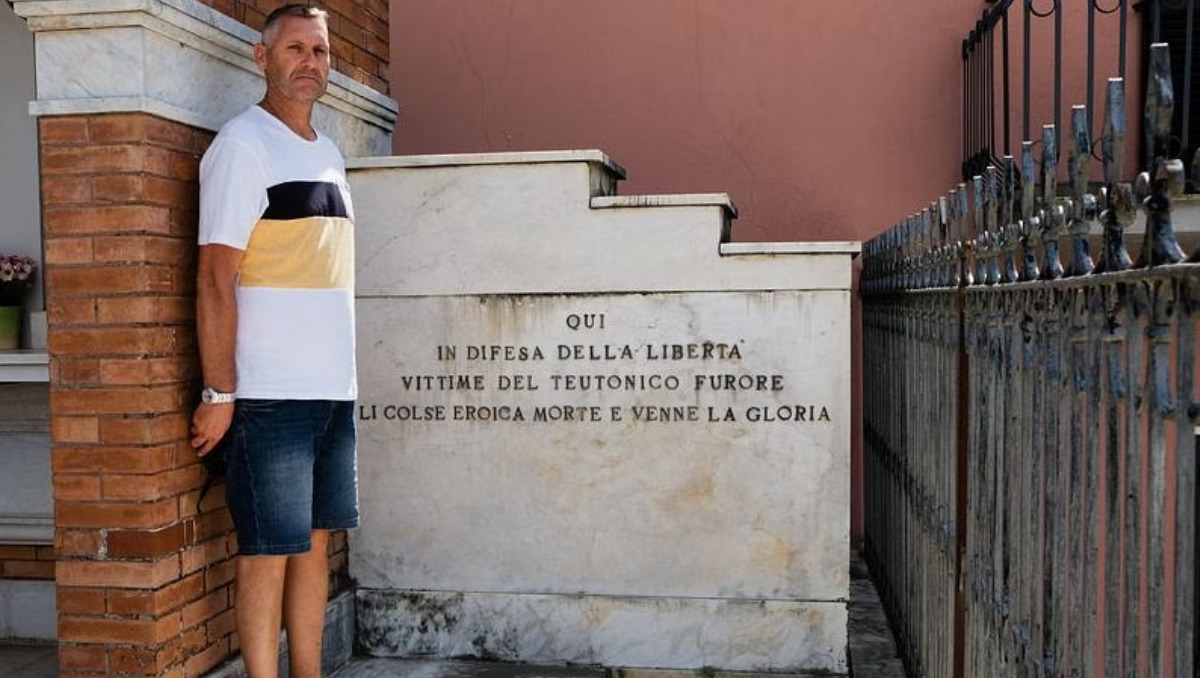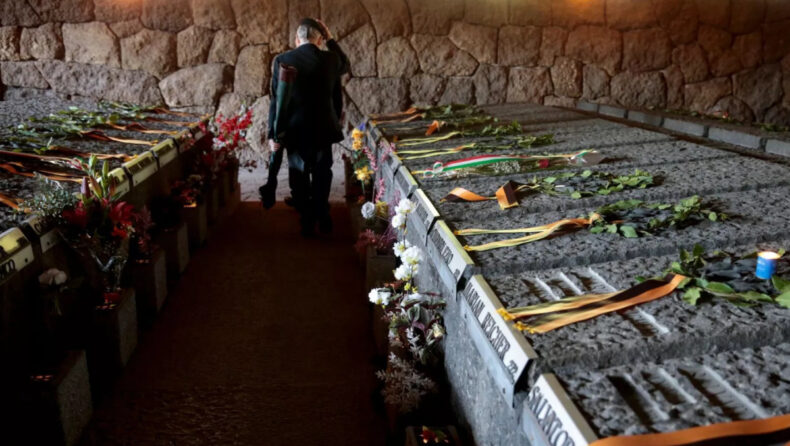Eighty years after a brutal Nazi occupation of Italy during World War Two, the descendants of victims in Fornelli are finally set to receive compensation for their families’ suffering. In a historic ruling, an Italian court has awarded 12 million euros ($13 million) to be distributed among the relatives of those who endured Nazi atrocities during that period.
Table of Contents
A Painful History Remembered
In October 1943, after the Nazis turned on their former ally Italy, German troops executed six Italian civilians in Fornelli as collective punishment for the killing of a soldier who had been searching for food. This traumatic event has not been forgotten by the descendants of those affected, who continue to commemorate it each year.

Mauro Petrarca, the great-grandson of one of the victims, Domenico Lancellotta, shared his perspective, saying, “We still mark the event every year. It hasn’t been forgotten.” Lancellotta was a 52-year-old Roman Catholic father of five daughters and a son.
Legal Compensation After Decades of Struggle
While most of the surviving family members have since passed away, Italian law allows for the owed damages to be passed on to their heirs. Mauro Petrarca is set to receive approximately 130,000 euros ($142,000) following a 2020 court ruling.
Interestingly, Italy, not Germany, will provide compensation, as Germany lost a legal battle in the International Court of Justice over its liability for damages related to Nazi war crimes in Italy. Jewish organizations in Italy have argued that Berlin should acknowledge its historical responsibility by contributing to the compensation fund.
However, concerns have arisen regarding Italy’s response to the influx of claims, which may strain state finances. Giulio Disegni, the vice president of the Union of Italian Jewish Communities (UCEI), highlighted the complexity of the issue from both political and legal perspectives.
A Study Reveals the Extent of Nazi Crimes in Italy
A study funded by the German government and published in 2016 estimated that as many as 22,000 Italians fell victim to Nazi war crimes, including up to 8,000 Jews who were deported to death camps. Additionally, thousands of Italians were forced into slave labor in Germany, making them eligible for reparations.
The beneficiaries of the new government fund, established to address these claims, are expected to include the descendants of the six Catholic men executed in Fornelli. These victims were hanged while German soldiers played music on a gramophone, which they had taken from a nearby house.

A Historical Agreement Between Germany and Italy
In 1962, Germany and Italy reached an agreement in which Germany paid Rome 40 million Deutsche marks (equivalent to over 1 billion euros today). This agreement was meant to cover damages inflicted by Nazi forces on the Italian state and its citizens. Italy provided pensions to those who had faced political or racial persecution during the war, but reparations for war crimes were not considered at the time.
Lucio Olivieri, the lawyer who led the Fornelli litigation, commented on this historical omission, stating, “They didn’t look at war crimes, and this was a mistake. Maybe at the time they thought everyone had committed war crimes, not just Germany, and didn’t want to go down that path.”
The “Cupboard of Shame” Spurs Legal Action
In 1994, a shocking discovery was made in the offices of Rome’s military prosecutors—a cupboard filled with files documenting hundreds of war crimes that had never been prosecuted. This revelation, dubbed the “Cupboard of Shame,” prompted Italy to seek justice for Nazi war crimes and led to courts awarding reparations to victims.
However, Germany refused further payments, arguing that the 1962 agreement precluded additional claims. In 2012, the International Court of Justice sided with Berlin, but Italian courts continued to hear compensation cases, asserting that there should be no limit to claims related to war crimes.
A Quest for Justice and Closure
The Fornelli lawsuit, initiated in 2015, was directed against both Germany and Italy, despite Italy’s efforts to halt the proceedings. This contentious legal battle raised questions about Italy’s stance and its wartime history.

With a growing number of similar cases entering the courts, Italy’s then-Prime Minister, Mario Draghi, established a fund in April 2022 to cover the increasing costs of compensation. This fund aimed to end this dark chapter in Italy’s history.
However, as the June 28 deadline for new legal claims passed, the Italian Treasury, responsible for handling payouts, reported receiving notifications of 1,228 legal suits, with potentially more yet to be processed. Each lawsuit often involves multiple plaintiffs, raising concerns that the 61 million euros allocated for reparations may fall short.
The Italian government also retained the right to review court verdicts before determining whether to provide compensation, introducing an additional bureaucratic hurdle for claimants. Despite this, the government has denied creating obstacles for the affected families.
For Fornelli, there is now a glimmer of hope. According to a government decree issued in July, the first disbursements should reach the local community by January. For the people of Fornelli, this case was about seeking justice for a war crime, and it stands as a matter of pride, not just financial compensation, as Mayor Giovanni Tedeschi emphasized, “This wasn’t about the money. It is about seeking justice for a war crime, a question of pride.”
Read More: Curfew was imposed in the Iraqi city of Kirkuk after rival protests turned violent













